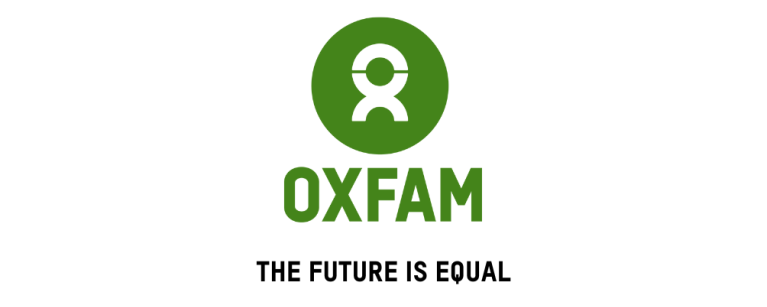Financing for Development in Nigeria – Sectoral Insights Ahead of FfD4 (2025)
Nigeria's path toward sustainable development is hindered by deep structural and fiscal challenges, despite global and regional commitments to development finance. This comprehensive report provides an in-depth analysis of Nigeria’s financing landscape ahead of the Fourth International Conference on Financing for Development (FfD4) in 2025.
Key sectors, including education, health, agriculture, infrastructure, and climate resilience, remain significantly underfunded, with Nigeria falling short of international spending benchmarks. Education and health expenditures remain below UNESCO and Abuja Declaration targets, contributing to high rates of out-of-school children and poor health outcomes. Agriculture, which employs over 35% of the workforce, receives less than 3% of national budget allocations, and Nigeria’s infrastructure deficit exceeds $100 billion annually, severely affecting food systems, logistics, and energy access.
Nigeria's fiscal capacity is further strained by high debt servicing (over 70% of revenue), increasing domestic debt, and the loss of up to $18 billion annually to illicit financial flows (IFFs). Climate change and environmental degradation exacerbate vulnerabilities, with Nigeria requiring over $177 billion to meet its climate adaptation and mitigation targets under the Paris Agreement yet mobilizing less than $1 billion annually, mostly in the form of concessional loans.
The report emphasizes the urgency of reforming domestic resource mobilization, improving debt management, leveraging private and blended finance, and enhancing climate finance access. Innovative solutions such as results-based financing, debt-for-development swaps, green bonds, and state-level development finance units are proposed to expand fiscal space and ensure alignment with the Sustainable Development Goals (SDGs).
Strategic policy recommendations call for fair taxation, anti-corruption measures, climate justice, and inclusive global financial governance. With coordinated action from government, civil society, and international partners, Nigeria can bridge the development financing gap and advance equitable, climate-resilient growth.
